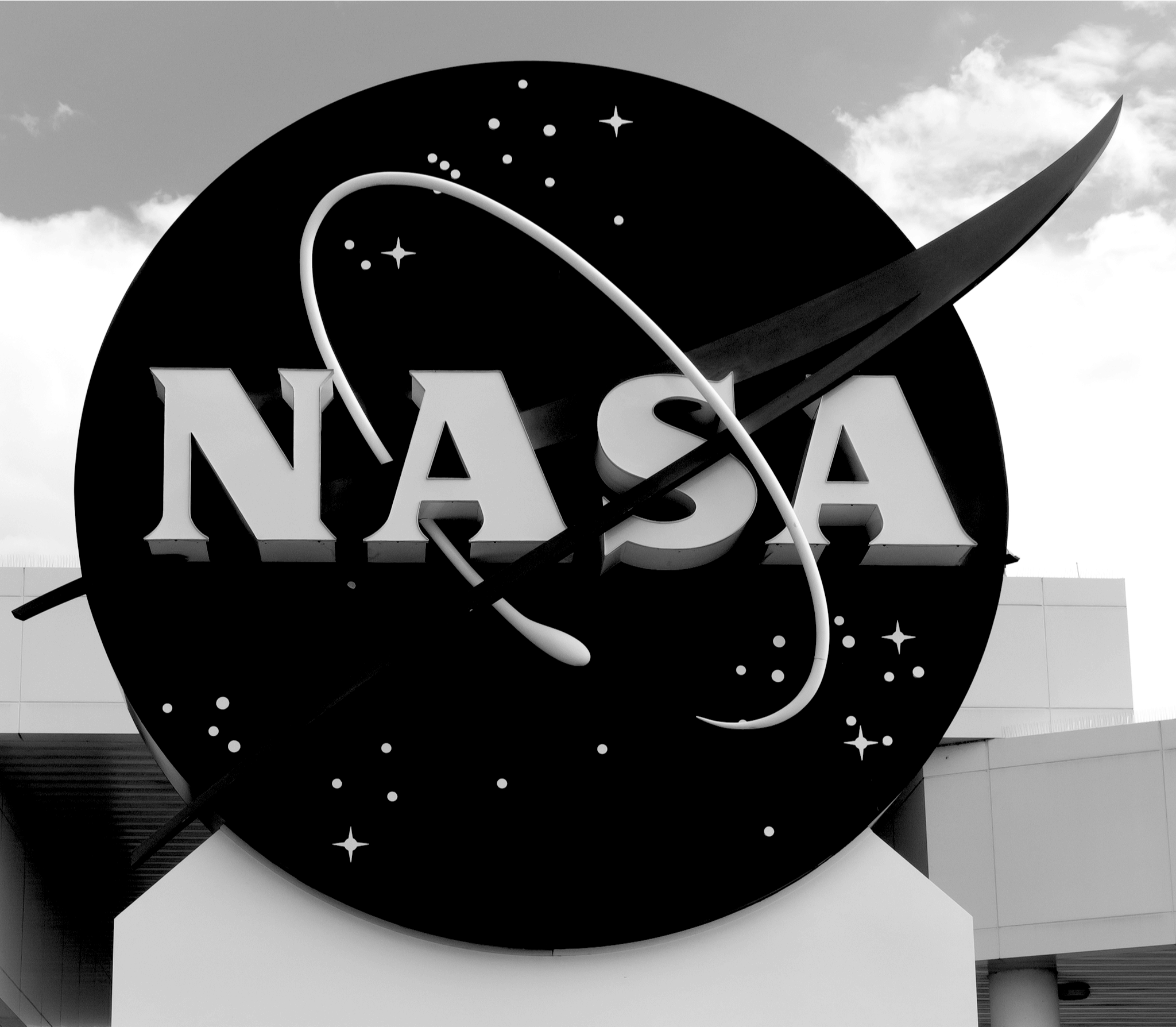This briefing note sets out the reasons and rationale for the development of the Tensense diagnostic […]
On 13 April 1970 astronaut Commander Jim Lovell made one of the great understatements of the last century - "Houston, we have a problem"
Creating the right organisational culture and psychological safety necessary to give voice to quiet, diffident and dissenting colleagues is a laudable ambition.
‘Given that the commercial environment is awash with risk and uncertainty, few leaders will want to […]
‘Hiring a COO is an opportunity to challenge organisational inertia: to think differently and creatively about […]
If you already suffered from the Great Resignation and lost key employees, this may be too […]
It is self-evident that this is one of the most disruptive times for businesses since what […]
Organisational Inquiry: General and Simple to Simple and Accurate Leaders Acknowledging Trade-Offs Curious leaders want to […]









